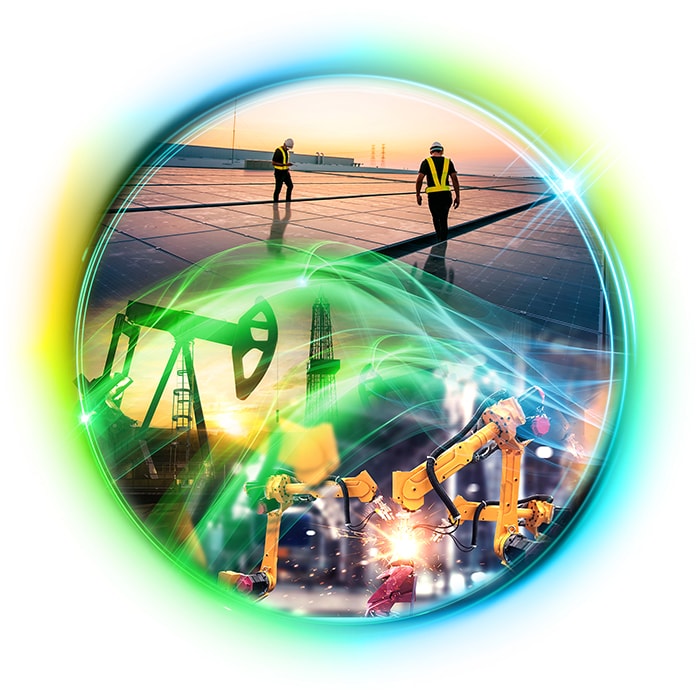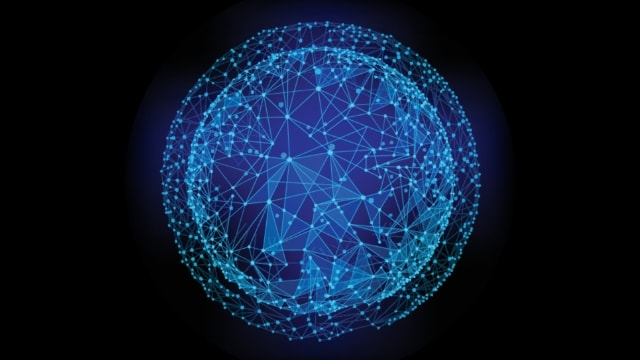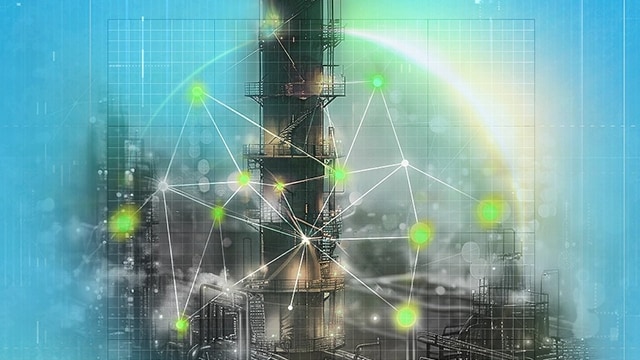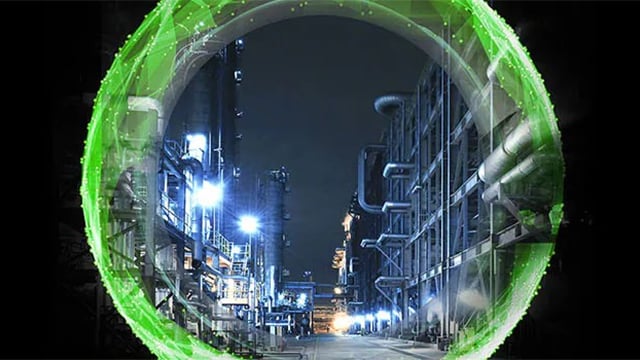The future is brighter than it used to be

Why so much optimism in the face of the energy, resources, and industrials industry’s uncertain future? Because every day, industry’s most indispensable minds are shining a light on new ways to build, power, and protect Earth’s resources in route to a more sustainable future—all while providing the world with what it currently needs.
At Deloitte, we’re helping to amplify ideas and innovation, so that more ideas, inroads, and creative solutions can be ignited. We illuminate the possibilities today so that humanity can look forward to a brilliant tomorrow.
IndustryAdvantage™
We know where your industry is heading. We’re already there. We know your industry. Inside and out. With IndustryAdvantage™ we give you access to the full breadth of thinking, experience, and technology from across Deloitte and our ecosystems, and apply these capabilities in the most efficient, targeted way possible. Our virtually unmatched industry foresight helps you create front-office transformation that drives growth, differentiates your business, and helps you not just keep up with your industry, but prepare to lead it.
Innovation in action
Markets we serve
Services we provide
Our latest thinking
Get in touch
We’d love to learn more about business and how we can work with you to illuminate more possibilities, today and tomorrow.





























